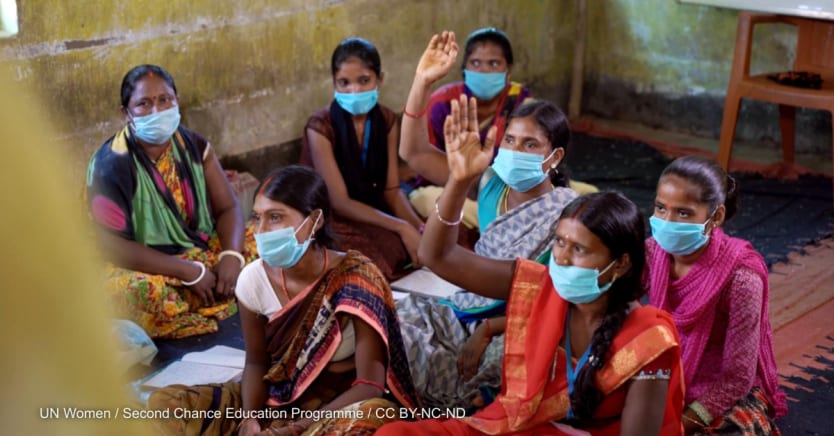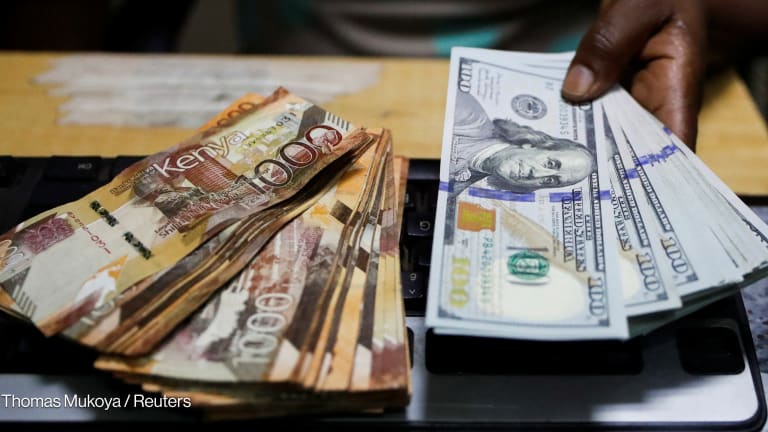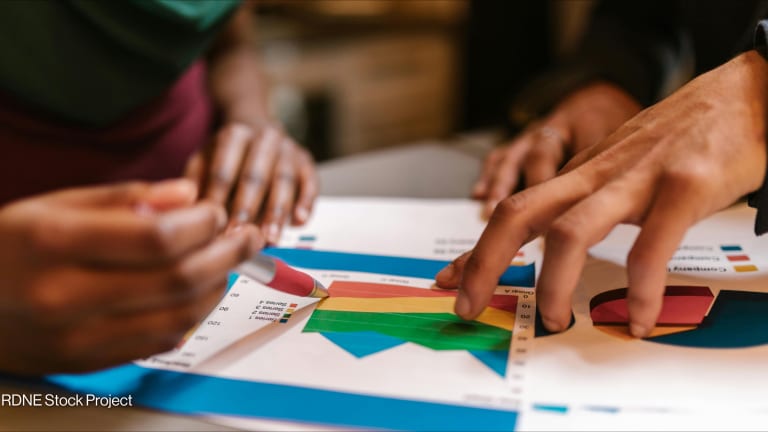
The “effective altruism” movement believes that charitable giving should be optimized through rigorous vetting and hard data. This, the effective altruist attests, will ensure that every charitable dollar delivers a high impact.
But questions remain about what is being measured and over which time frame. Could the dominant use of simple short-term measures curtail investment in long-term sustainable solutions? To be sure, teaching a person to fish is more expensive, takes longer, and is tougher to measure than giving them a fish. But few would argue that giving away fish is the better option.
The pandemic has exacted an enormous toll over the last two-plus years, but economic policies in high-income countries have largely kept livelihoods intact. For those in low- and middle-income countries, however, COVID-19’s economic impact has compounded the human toll. An estimated 97 million more people fell into extreme poverty due to the pandemic.
Food insecurity is being driven up by rising international fuel and food prices resulting from the war in Ukraine, and world hunger levels are on the verge of crisis. Gains that had previously been made toward the U.N. Sustainable Development Goal 1 — end poverty in all its forms everywhere — have eroded and continued under threat.
To address complex challenges such as entrenched poverty, the approach must be multifaceted and long-term, running counter to the current narrative of quick and easily measurable returns.
—In 1979, when Trickle Up’s founders, Millie and Glen Robbins Leet, looked for solutions for the world’s “poorest of the poor” they started by providing women with cash transfers of $100 so they could invest in their future — effectively giving them fish. While capital is important, Trickle Up and other organizations realized that to create sustainable change, women needed more than cash: They needed a portfolio of services including training, coaching, and participation in savings groups.
At the risk of stretching the analogy, the women the Robbins Leet met needed to learn how to fish and how to manage a fishing business. This is the essence of the graduation approach, or cash plus programs, the focus for organizations such as BRAC, Village Enterprise, Pradan, Fundación Capital, and BOMA, among others.
Recent neuroscience research has confirmed what we should already know: When a “person lives in poverty … the limbic system is constantly sending fear and stress messages to the prefrontal cortex, which overloads its ability to solve problems, set goals and complete tasks in efficient ways.”
This knowledge drives organizations such as Economic Mobility Pathways, or EmPath, to move people out of poverty through individual coaching. For many of the world’s poorest, who have lived their entire lives in survival mode and in constant stress, a quick cash infusion is insufficient. Transformative change takes time and a portfolio of support.
In 2017, Innovations for Poverty Action analyzed the cost-effectiveness of cash versus cash plus programs. Their major takeaway: Cash transfers are very effective in temporary emergencies or to bridge an acute need — but the benefits end when the cash transfers end. In contrast, cash plus initiatives, while more resource and time-intensive, yield transformative change that sustains over time — often beyond a decade. To quote our peers at BRAC, cash plus programs’ approach is “resource-intensive but it works.”
What we and our peers have observed is that cash plus programs result in fundamental personal transformation. When women have access to coaching and services, they start to believe in themselves and their future. They begin to build the resilience and decision-making skills that enable them to effectively invest in their lives, and this can have a sustained impact on intergenerational poverty. These women become inspiring fisherwomen, if you will, who can mentor others and help feed a village.
Let’s be clear, greater rigor in measuring nonprofits’ effectiveness and efficiency is a worthy goal. Cash transfers are both a powerful and useful tool, particularly in the wake of a natural or humanitarian disaster. But if donors are concerned about the growing numbers of people living in extreme poverty, and want to invest in sustainable change, they must recognize that it takes time and resources.
To quote Clay Christiansen, “our decision-making systems are designed to steer investments to initiatives that offer the most tangible and immediate returns, so companies (and people) shortchange investments in initiatives that are crucial to their long-term strategies.”
Investors in social change must not be swayed by the lure of the most tangible and immediate as the only way to achieve a high impact. To address complex challenges such as entrenched poverty, the approach must be multifaceted and long-term, running counter to the current narrative of quick and easily measurable returns. Philanthropy — individual and institutional alike — must embrace the long game and invest in complex solutions in order to see sustained and transformational results.
At Trickle Up, we believe women are agents of their own transformation. We recognize that capital, training, and peer group mentoring are critical to sustained impact. Measuring the cost of inputs is easy, but results are harder to quantify: more financial and personal confidence, kids in school with three meals a day, and the success story of someone who believes in herself, her future, and is willing to show the next woman how to fish.










